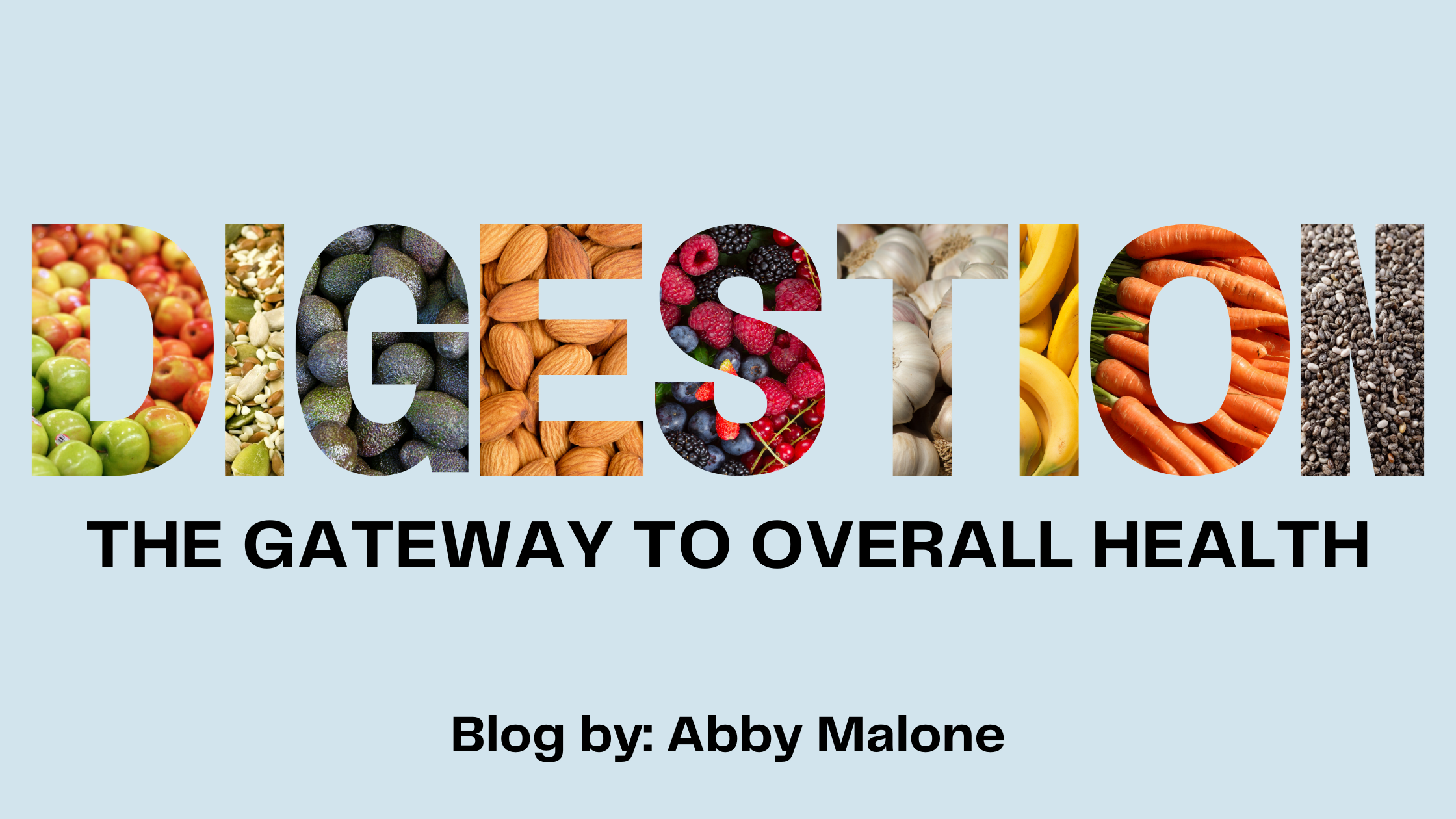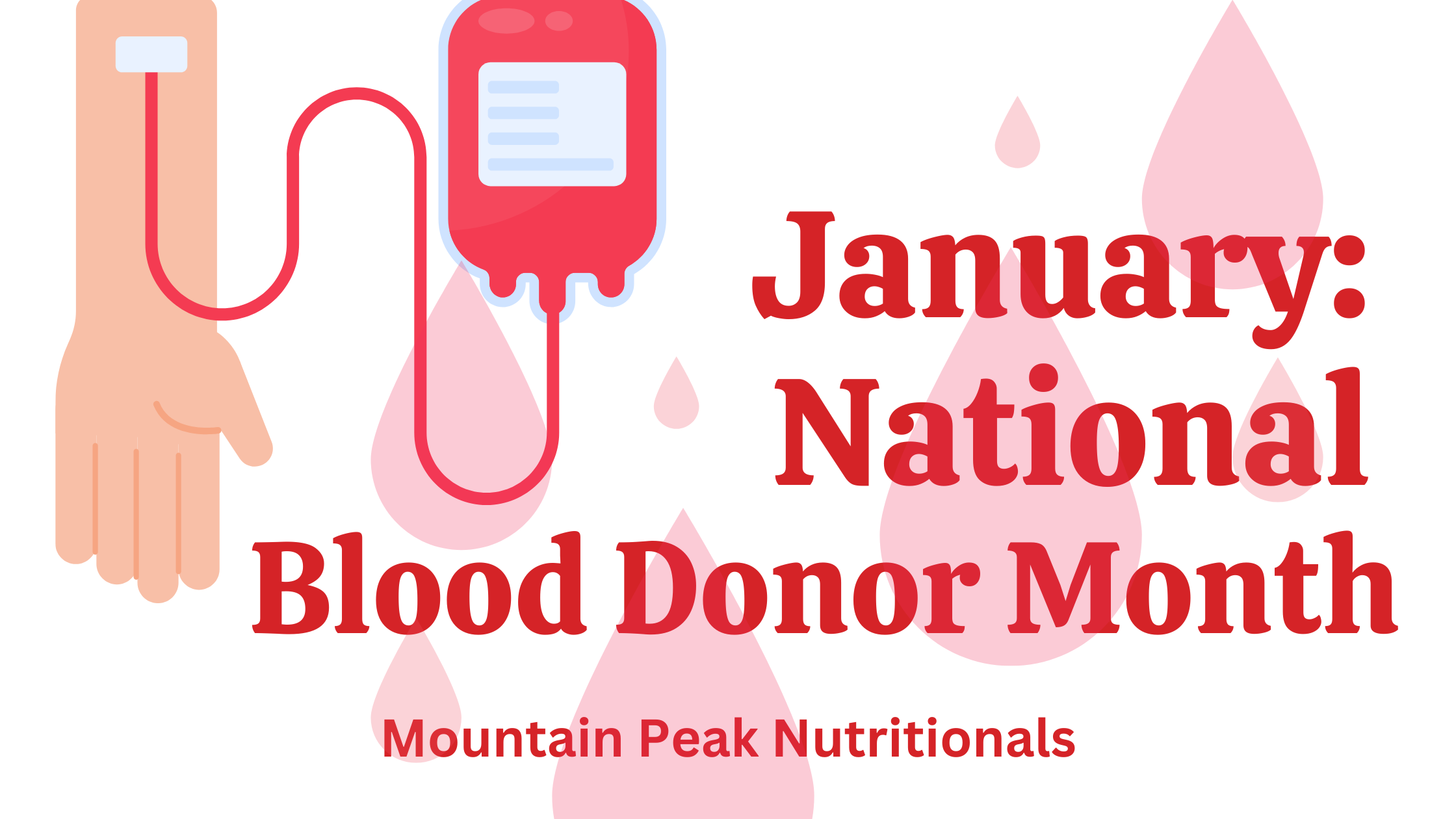Good Digestion - The Gateway to Overall Health

In our fast-paced world, where convenience often beats nutrition, it's easy to overlook the significance of good digestion. However, digestion is far more than just a process of breaking down food. Instead, it’s a vital component of our overall health and wellness. From the food we choose to the habits we cultivate, having good digestion can lead to enhanced energy levels, improved mental clarity, and even a happier relationship with our bodies. Let's explore some potential signs of poor digestion as well as different foods and supplements that promote healthy digestion.
Potential Signs of Poor Digestion
The first step in having a healthy digestive system is to recognize if you have any digestive issues. Having poor digestion means that your body is not effectively breaking down and absorbing food, which can lead to a variety of health issues. Some common signs of poor digestion are:
- Bloating: Feeling a sense of fullness or swelling in the abdomen after eating, often accompanied by discomfort.
- Heartburn and Acid Reflux: A burning sensation in the chest or throat caused by stomach acid backing up into the esophagus can signal digestive issues.
- Gas: Increased intestinal gas, leading to frequent burping or passing gas, can indicate that food is not being properly digested.
- Abdominal Pain: Discomfort or pain in the abdominal area, especially after eating, can be a sign of poor digestion.
If you are experiencing any of these symptoms regularly, it may be worth consulting a healthcare professional for further evaluation. Improving digestion can lead to better health outcomes and enhanced overall well-being.
Foods that Promote Healthy Digestion
Next, if you are looking to improve your digestion, you can start by looking at your diet. Food plays a crucial role in how your body digests food and absorbs nutrients. Here is a list of nutrient-rich foods that promote healthy digestion:
- High Fiber Foods: Fruits and vegetables such as apples, berries, broccoli, and spinach. As well as whole grains including brown rice, quinoa, and oats.
- Prebiotic Foods: Garlic, onions, asparagus, and bananas contain prebiotics that help support digestion.
- Probiotic Foods: Fermented foods such as yogurt and sauerkraut contain probiotics that support gut health. You can learn more about the difference between prebiotics and probiotic in one of our previous blog posts here.
Digestive Supplements
Finally, let's take a look at some supplements that help to promote healthy digestion. If you are still facing digestive issues after implementing nutrient-rich foods into your diet, it might be time to turn to healthy supplements. Before introducing any new supplements into your daily routine, be sure to talk to your healthcare provider to discuss the best options. Here is a list of some supplements that help support digestion:
- Amylase: This supplement helps aid in the digestion of carbohydrates such as sugars and starches.
- Lipase: Lipase is a digestive enzyme that assists in the digestion of fats.
- Cellulase: Supports digestion of fiber found in whole grains, fruits, and vegetables.
- Sucrase: Sucrase helps to break down simple sugars in your body.
- Lactase: An enzyme that aids in the digestion of lactose found in milk and dairy products.
- Phytase: Catalyzes the breakdown of phytic acids found in grains and seeds.
In conclusion, prioritizing good digestion is essential for overall health and well-being. The first step in improving your digestion is by recognizing the signs of poor digestion. Then, you are able to implement nutrient-rich foods and digestive supplements into your diet that promote healthy digestion. Remember to always speak to your healthcare provider before adding any new supplements to your routine. And finally, remember that a well-functioning digestive system not only improves nutrient absorption but also supports a healthy immune system, boosts energy levels, and fosters emotional wellness.


